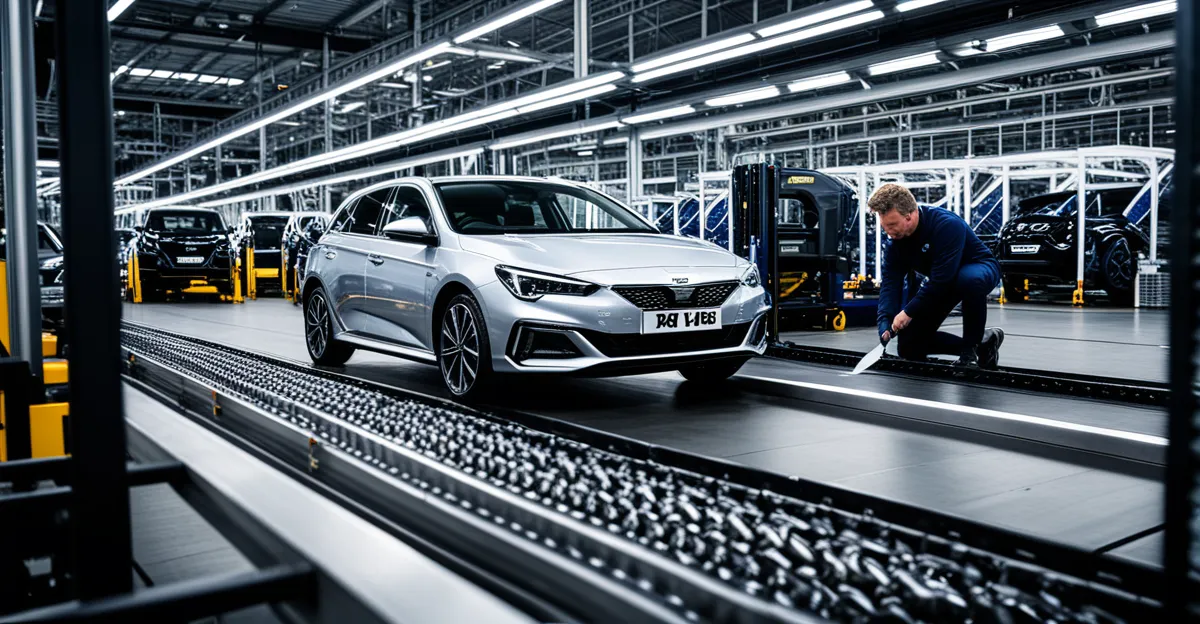Current Supply Chain Challenges Impacting UK Car Manufacturers
The UK car manufacturing sector is facing unprecedented challenges due to intertwined factors. Foremost among these are supply chain disruptions caused by the lasting effects of Brexit impact, which has introduced new customs complexities and border delays. These have been further compounded by the COVID-19 pandemic’s disruptions to global logistics and workforce availability.
An acute example of these challenges is the ongoing global shortages of semiconductors, a critical component for modern vehicles. Semiconductor scarcity has resulted in significant production slowdowns across UK factories. According to recent statistics, several manufacturers have experienced output reductions of up to 30%, illustrating the bottlenecks caused by limited access to essential parts.
Also read : What are the latest innovations in the UK electric vehicle market?
Geopolitical tensions also play a role in destabilising international supply lines, adding uncertainty to procurement timing and cost. These disruptions have far-reaching consequences; UK car manufacturers are struggling to meet both domestic and export demand. Export volumes have declined due to delayed shipments and increased costs, negatively impacting the sector’s profitability and competitiveness.
In essence, UK car manufacturing is caught in a complex web of supply chain disruptions, where Brexit, semiconductor shortages, and broader global instability create a multifaceted challenge. This has slowed production schedules, strained supplier relationships, and hindered the seamless fulfillment of orders across markets. The resilience of the sector now depends heavily on how effectively these issues can be managed moving forward.
This might interest you : How is the UK’s Commitment to Electric Vehicles Transforming the Automotive Industry?
Strategies for Managing and Overcoming Supply Chain Disruptions
Effective UK car industry strategies focus on mitigating the severe impact of supply chain disruptions seen in recent years. One core approach is reshoring and localising suppliers. By sourcing components closer to manufacturing plants, companies reduce dependency on international logistics vulnerable to Brexit impact and geopolitical issues. Localising supply reduces lead times and increases control over quality and delivery schedules.
Diversifying the supplier base is another crucial strategy used within the UK car manufacturing sector. Adding new suppliers and exploring alternative sourcing locations helps spread risk. When global shortages hit semiconductor stocks or other vital parts, a diversified portfolio prevents entire production lines from halting. This approach supports flexibility and responsiveness to changing market or political conditions.
Manufacturers are also adopting strategic stockpiling to buffer against sudden shortages. Holding higher inventory levels of critical components safeguards production continuity during supply volatility. Partnering closely with logistics providers complements this, enabling firms to secure shipping slots and manage distribution proactively despite delays. This combination fortifies supply chain robustness and enables steady output despite external pressures.
Together, these strategies aim to strengthen resilience against persistent Brexit impact and fluctuating global shortages. The UK car industry is increasingly turning to supply chain solutions centered on localisation, diversification, and strategic collaboration to navigate uncertainty effectively. This multi-pronged approach offers a practical route for overcoming current disruptions and positioning for future stability.



